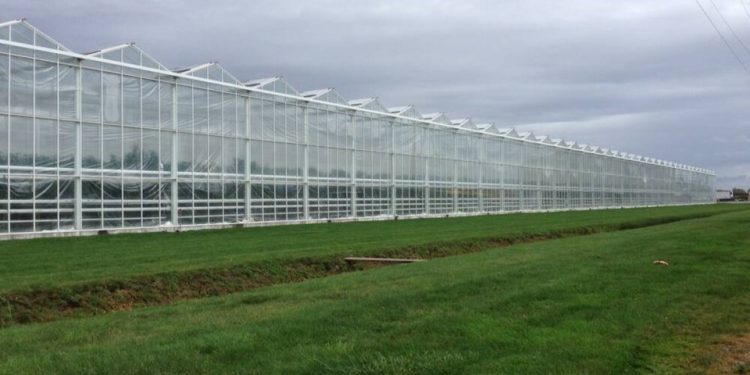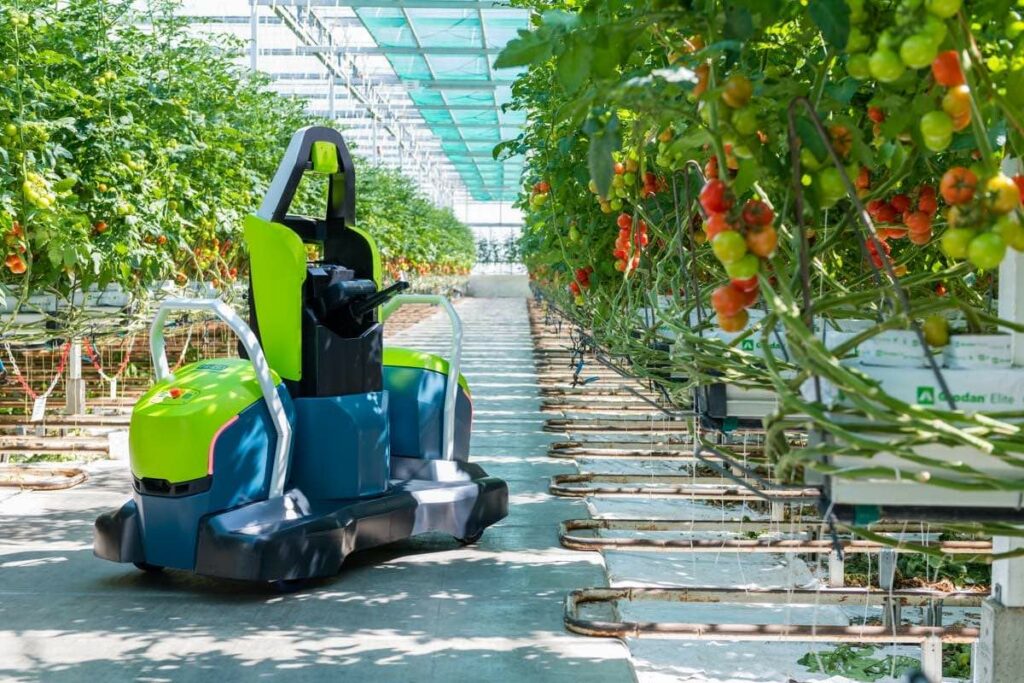#Agriculture #GreenhouseOperations #DevelopmentCostCharges #DeltaFarmersInstitute #AgriculturalDevelopment #DeltaAgriculture #SustainableFarming #UrbanDevelopment #DeltaCityCouncil
In Delta, recent developments in Development Cost Charges (DCCs) have stirred unease among the agricultural community, especially greenhouse operators. The proposed changes, aimed at funding essential projects supporting various forms of development, have faced scrutiny from the Delta Farmers’ Institute (DFI).
The DFI expressed apprehension about the significant increase in intensive agriculture DCC rates, particularly for large greenhouse operations, produce washing facilities, and livestock operations. The concern revolves around the potential disproportionate impact on the agricultural sector compared to other land categories.
Coun. Alicia Guichon emphasized the need for more discussion, particularly concerning the definition of intensive agriculture. Notably, Delta stands out as one of the few cities charging an agricultural DCC, prompting feelings within the farming community that greenhouses are unfairly targeted.
Deputy City Manager Marcy Sangret clarified that Delta has been implementing an intensive agriculture DCC since 2001, acknowledging the strain certain types of agriculture impose on municipal services. However, concerns persist, with greenhouses seemingly bearing a heavier burden.
Despite suggestions from the DFI to exclude growing areas within greenhouses from the DCC, staff argued that such an exclusion would not accurately reflect the actual impact on Delta’s infrastructure. After discussions regarding agricultural growth projections, rainwater capture efficiencies, stormwater retention, and limited road impact, the proposed intensive agriculture DCC rate was ultimately reduced.
The city responded by lowering the proposed rate by 12% in the first year, incorporating a 20% municipal assist factor. Subsequent years would see a 19% increase from the current rate, with a one percent municipal assist factor.
Recent data from the city’s Agricultural Plan highlights the evolution of greenhouse operations. Since 2010, there has been an expansion in glass greenhouses and polyethylene structures, primarily cultivating vegetable vine crops, strawberries, and even cannabis. The report underlines the industry’s adaptability, with some greenhouses shifting to cannabis production post-legalization in 2018, only to revert to traditional crops based on market demand.
As Delta navigates changes in its agricultural landscape, the dialogue around DCCs reflects the delicate balance between supporting development and ensuring the fairness of financial contributions from different sectors. The adjustments made indicate a willingness to address concerns, emphasizing the importance of ongoing communication between local authorities and the farming community.










